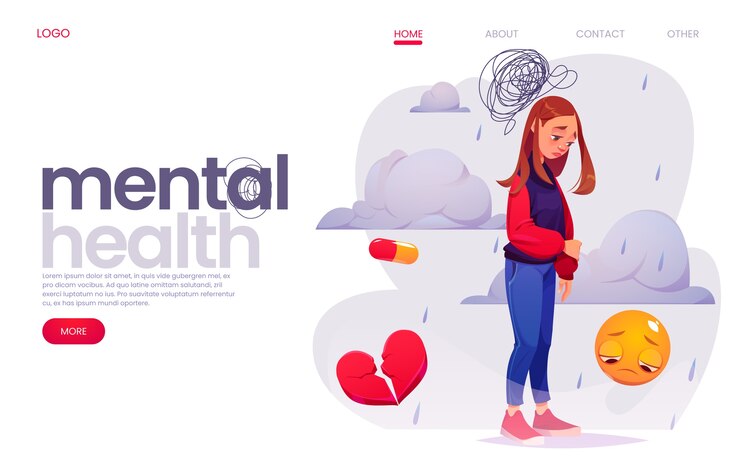Dual Diagnosis Treatment: Addressing Alcohol Use Disorder and Mental Health for Comprehensive Recovery
For many, alcohol addiction is not the only issue they face—underlying mental health conditions often go hand-in-hand with substance abuse. This combination is referred to as dual diagnosis or co-occurring disorders. Dual diagnosis treatment is a specialized approach designed to address alcoholism and mental health at the same time. In this article, we will explore how dual diagnosis treatment works, why it’s necessary, and how it enhances alcohol use disorder treatment outcomes.
For individuals struggling with both alcohol addiction and mental health conditions like depression, anxiety, or bipolar disorder, traditional alcohol use disorder treatment may not be enough. Treating only the addiction while ignoring mental health issues can lead to incomplete recovery and a higher risk of relapse. Dual diagnosis treatment integrates care for both conditions, ensuring that individuals receive a holistic approach to their recovery. This is especially crucial because untreated mental health disorders often trigger or exacerbate alcohol use disorder, making it essential to address both issues concurrently.
Understanding the Connection Between Alcohol Use Disorder and Mental Health
The link between alcohol use disorder and mental health conditions is complex and deeply intertwined. Many individuals turn to alcohol as a way to self-medicate and cope with symptoms of mental health disorders. Over time, this pattern of self-medication can lead to alcohol dependence and, eventually, alcohol use disorder.
On the other hand, alcohol abuse can also contribute to the development or worsening of mental health issues. Excessive alcohol consumption can disrupt brain chemistry, increase feelings of sadness or anxiety, and impair cognitive function. As a result, individuals with alcohol use disorder often experience a vicious cycle where their drinking worsens their mental health, and their mental health fuels their drinking.
Dual diagnosis treatment is specifically designed to break this cycle. By addressing both alcohol use disorder treatment and mental health care simultaneously, individuals can achieve a more balanced and sustainable recovery.
The Challenges of Dual Diagnosis Treatment
While dual diagnosis treatment is highly effective, it also comes with its challenges. Treating two conditions at once requires a coordinated and multidisciplinary approach, which can be more complex than traditional alcohol use disorder treatment. Mental health professionals, addiction counselors, and medical providers must work together to create a plan that can address both the addiction and the mental health disorder.
Another challenge is that individuals with dual diagnosis often have more severe symptoms and may experience a more complicated recovery process. For example, withdrawal symptoms from alcohol can exacerbate mental health issues, and mental health symptoms may make it harder to stay engaged in addiction treatment. Dual diagnosis treatment must be flexible and adaptive, ensuring that individuals receive the care they need even when setbacks occur.
Dual Diagnosis Treatment and Family Support
Family support is a critical element of dual diagnosis treatment. Families often play a significant role in helping their loved ones manage both alcohol use disorder and mental health conditions. Dual-diagnosis treatment programs often include family therapy and education, helping families understand the complexities of addiction and mental health and teaching them how to support their loved ones through recovery.
Family members may also need to learn how to set healthy boundaries, communicate effectively, and recognize the signs of relapse or worsening mental health symptoms. In many cases, family involvement can make a significant difference in the success of dual diagnosis treatment.







